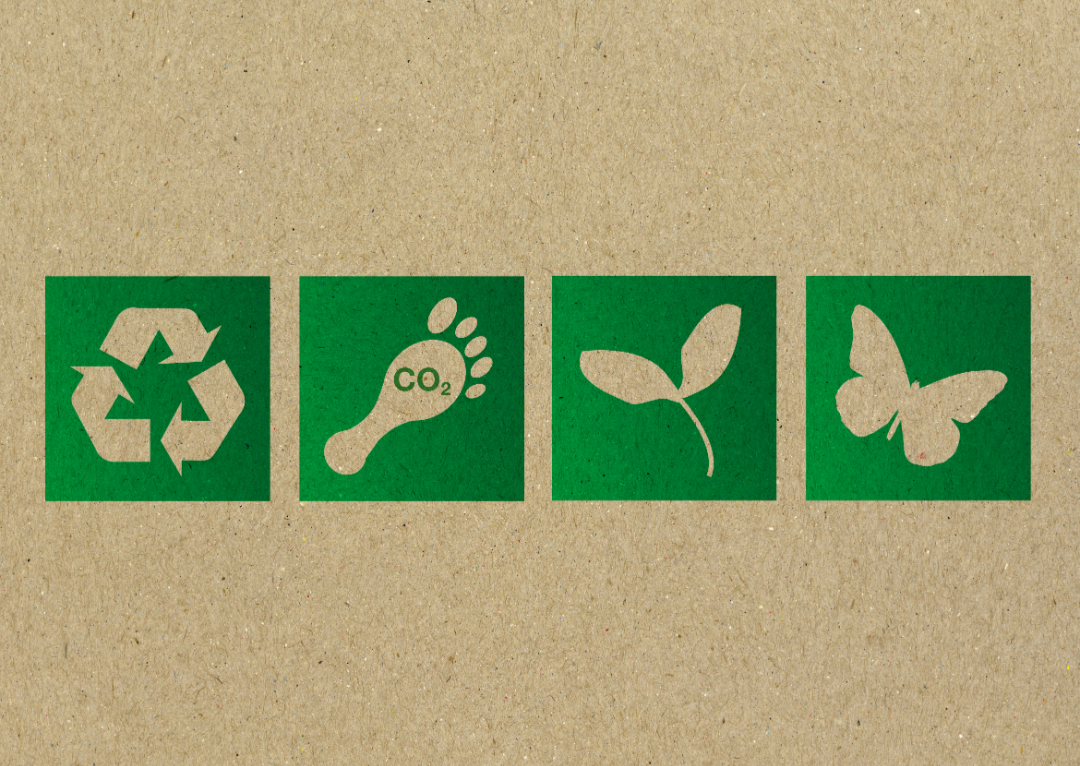
The Pillars of Sustainable Consumerism
Share
In the bustling aisles of modern consumerism, a new paradigm is emerging. As the environmental and social impacts of our choices become increasingly evident, sustainable consumerism is no longer a niche trend but a mainstream movement. But what does it truly mean to be a sustainable consumer? Let's delve into the foundational pillars that define this transformative approach to buying and living.
1. Ethical Production
At the heart of sustainable consumerism lies the principle of ethical production. It's not just about the end product but the journey it undertakes before reaching our hands. Ethical production emphasizes fair wages, humane working conditions, and the overall well-being of those involved in the production process.
2. Environmental Footprint
Every product has an environmental tale to tell. From the raw materials sourced to the energy consumed in its creation, its journey is marked by a carbon footprint. Sustainable consumerism prioritizes products that minimize this footprint, advocating for renewable energy, sustainable materials, and efficient production methods.
3. Durability Over Disposability
The throwaway culture of yesteryears is giving way to a new ethos: valuing durability over disposability. Sustainable consumerism champions products designed to last, reducing the constant churn of buying and discarding. It's a shift from short-term convenience to long-term value.
4. Conscious Consumption
More than just buying green, sustainable consumerism is about conscious consumption. It's the act of pausing before purchasing, questioning the need, and understanding the impact. It's about making informed choices, reducing excess, and truly valuing each purchase.
5. Supporting Circular Economies
Beyond the linear 'take-make-dispose' model lies the circular economy. It emphasizes recycling, repurposing, and reusing, ensuring that products and materials remain in use for as long as possible. Supporting businesses that adopt this model is a cornerstone of sustainable consumerism.
Sustainable consumerism is more than a purchasing pattern; it's a philosophy. It beckons us to be more than just consumers, but caretakers of our shared planet. By understanding and embracing its pillars, we can pave the way for a future where commerce harmonizes with conscience.
